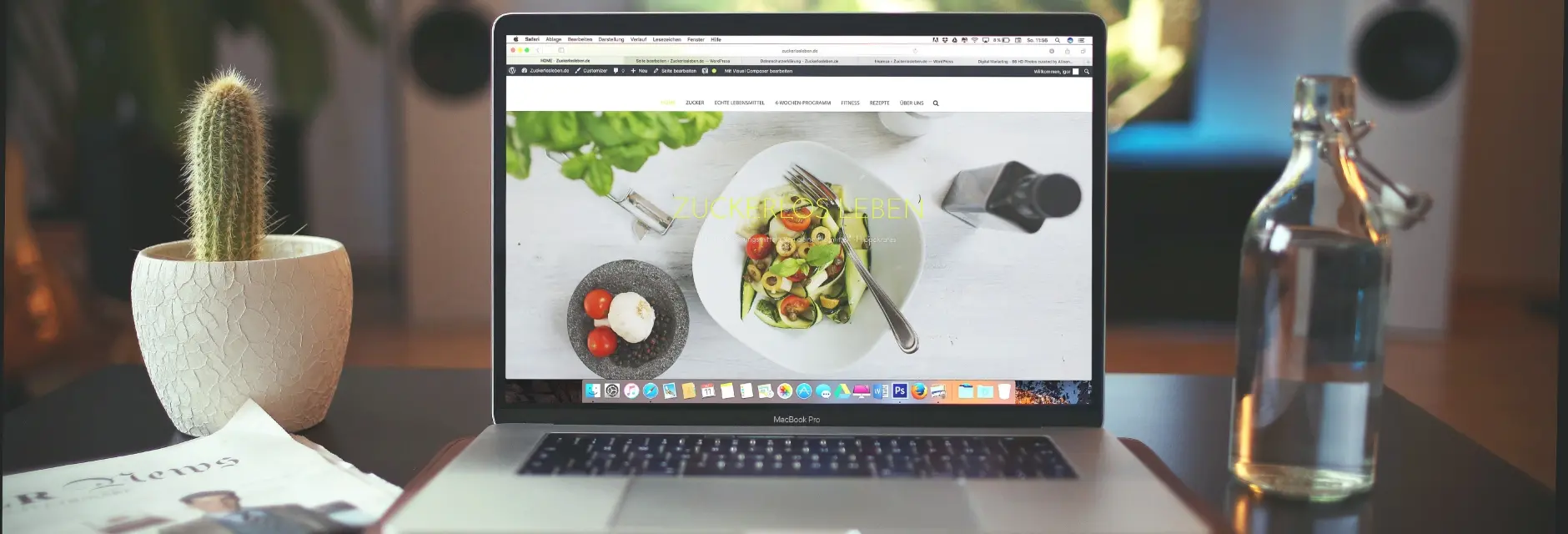In the realm of web design, aesthetics undoubtedly catch the eye, but it’s the seamless fusion of form and function that truly sets exceptional websites apart. Welcome to a world where your WordPress website isn’t just visually appealing, but also a powerhouse of user-centric functionality. In this comprehensive blog post, we’ll delve into the art of integrating functionality into WordPress design, transcending the superficial and creating digital experiences that captivate, engage, and convert.
The Balance Between Aesthetics and Functionality
In the early days of web design, aesthetics often took precedence over functionality. However, as users’ expectations evolved, so did the approach to website creation. Today, a harmonious blend of aesthetics and functionality is essential for success. While aesthetics create the initial impression, functionality sustains user engagement, keeping visitors immersed in an experience that’s both visually pleasing and practically useful.
Navigational Brilliance: Guiding Users with Intuition
Navigation is the compass of your website, guiding users through the digital landscape. A clear and intuitive navigation system enhances the user experience by allowing visitors to effortlessly explore your content. Strategic placement of menus, logical categorization, and thoughtful utilization of call-to-action buttons are crucial elements of functional navigation. A well-designed navigation structure not only reduces user frustration but also directs them toward key areas, increasing engagement and conversions.
User-Centric UI/UX: Making Every Click Count
User Interface (UI) and User Experience (UX) design are the architects behind a functional website. UI focuses on crafting visually appealing and easily navigable interfaces, while UX ensures that every interaction is seamless and meaningful. Through the utilization of user personas, wireframing, and rigorous usability testing, UI/UX design aims to understand user behavior and design accordingly. By integrating these principles, you create an environment where users feel at ease, interactions are intuitive, and satisfaction is paramount.
Optimized Load Speed: The Need for Speed
In today’s fast-paced digital landscape, speed matters. Websites that load slowly are likely to drive users away, impacting engagement and conversions. Website functionality extends to load speed optimization, involving techniques such as image compression, minification of code, and browser caching. A swift loading website not only keeps users engaged but also contributes positively to search engine rankings, as speed is a known ranking factor.
Interaction and Engagement: Captivating User Attention
An engaged user is more likely to explore your content, interact with your offerings, and convert into a customer. Incorporating interactive elements into your website enhances functionality and user engagement. Features like quizzes, surveys, and social media integrations create opportunities for active participation, turning passive visitors into active participants. By fostering engagement, you forge a deeper connection with your audience, encouraging them to spend more time on your site.
Seamless E-Commerce Integration: From Browsing to Buying
For e-commerce websites, functionality isn’t just desirable – it’s essential. The seamless integration of e-commerce features transforms your website from a static platform to a dynamic marketplace. This integration includes secure payment gateways, intuitive product catalogs, streamlined checkout processes, and personalized shopping experiences. A well-functioning e-commerce setup not only enhances the user experience but also establishes trust, driving visitors to become loyal customers.
Conclusion: Where Form Meets Function, Magic Happens
Beyond the surface-level allure of aesthetics lies a realm where websites transform into powerful tools that serve, engage, and resonate. By masterfully integrating functionality into WordPress design, you’re crafting a digital experience that mirrors your brand’s ethos and values. Each click becomes purposeful, each interaction meaningful, and each visit a journey of exploration.
Ready to Transform Your WordPress Website? We Can Help!
At Altin Design, we specialize in crafting WordPress websites that seamlessly blend aesthetics with functionality. Our expert team understands the art of creating digital experiences that captivate, convert, and leave a lasting impression. Contact us today to embark on a transformative journey that merges form and function into a harmonious digital masterpiece.








